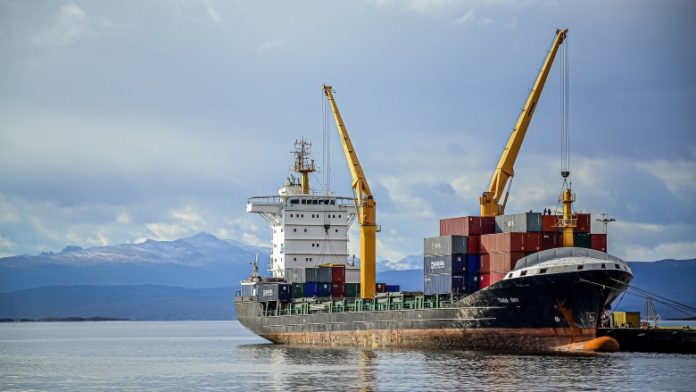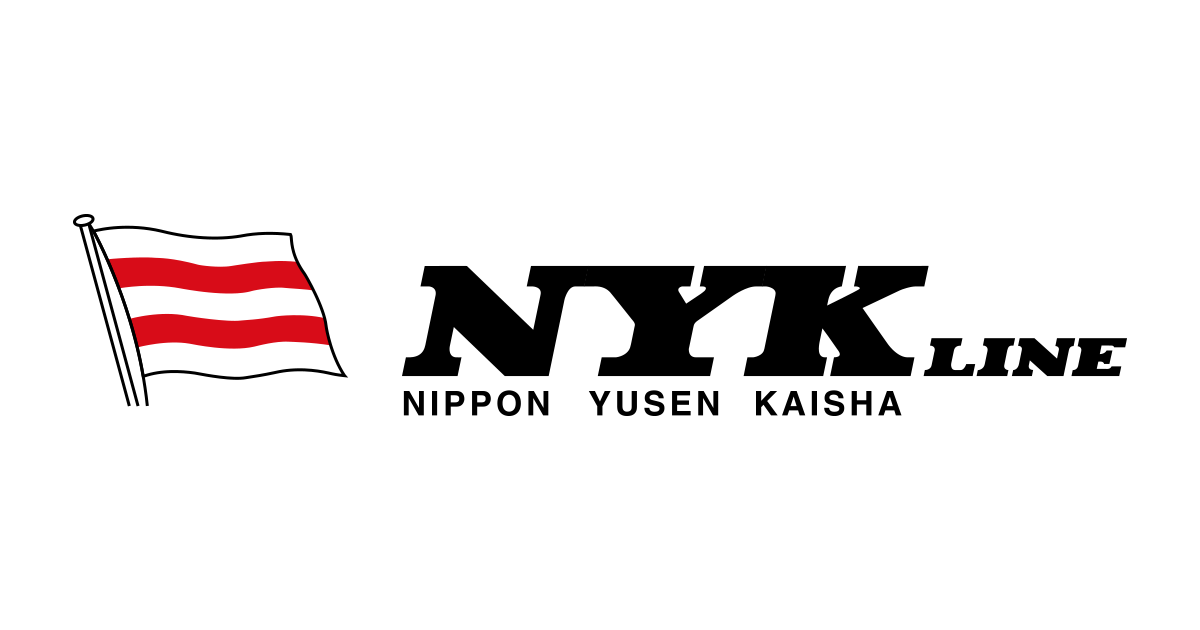The shipping industry is experiencing significant change, driven by global events, supply chain disruptions, and an evolving market dynamic. In the midst of this transformation, Chinese and Japanese leasing companies have emerged as major players in ship finance, a trend that shows no signs of abating.
In an Insight article, Rajveer Sehmi, a commercial lawyer in Hill Dickinson's London Marine team, noted that Chinese and Japanese lessors stepped in when traditional Western banks, primarily European institutions, began withdrawing from the shipping market over the past decade. “They stepped in and have maintained a strong presence ever since," she said. But while they were previously involved in the new build market, their focus has shifted to the second-hand market. Sehmi said they have transformed the landscape by offering competitive sale and leaseback structures (SLBs) as an attractive alternative to traditional bank loans.
Leasing offers a solution to a persistent challenge for shipowners: how to finance vessel acquisitions and fleet expansion without depleting their capital reserves. Through SLBs, shipowners can free up cash for new acquisitions or build while retaining operational control of their vessels. This flexibility makes leasing a valuable tool in a dynamic industry: "By opting for SLBs, shipowners can release cash and access capital for new builds or acquisitions while retaining operational control over their vessels,” Sehmi said.
Increased choice, competitive rates
The influx of lessors has led to competitive pricing and a wider variety of leasing structures. Shipowners now have numerous options to choose from, allowing them to tailor financing arrangements to their specific needs. This empowers them to shop around for the best deal when refinancing their fleets. Sehmi added: "The sheer number of lessors in the market has led to competitive pricing and diverse structures. Shipowners now have multiple leasing options to choose from, often selecting among several leasing houses when refinancing their fleets."
But while leasing offers significant advantages, shipowners need to weigh both pros and cons, Sehmi warned. Outlining the pros, she listed:
- Alternative Capital Source - Leasing provides a financing option beyond traditional bank loans, especially during economic uncertainties.
- Working Capital Preservation - SLBs free up capital, allowing for strategic investments in other areas of the business, such as technological upgrades or crew training.
- Flexibility - Lease terms can be customised in terms of duration and payment structures, offering both finance and operating leases to adapt to changing markets. Finance leases can improve financial ratios, while operating leases keep the asset off the balance sheet.
- Financing Older Tonnage - Some lessors are willing to finance older, less efficient vessels that traditional lenders might avoid, providing shipowners with options for managing their entire fleet.
- Faster Deal Completion - SLB deals are now streamlined and can be closed within 3-4 months, compared with potentially lengthy bank loan approvals.
- Repair and Maintenance - Some lessors not only finance vessels but can also arrange repairs and maintenance, including the installation of scrubbers for environmental compliance, alleviating some operational burdens for shipowners.
Balancing the downsides
For cons, Sehmi listed:
- Limited Control - As the lessor retains ownership, the lessee may have limited control over the vessel, potentially hindering operational decisions around maintenance schedules or retrofitting for new technologies.
- “Hell or High Water” Clauses - These clauses prevent lessees from terminating the lease early, regardless of circumstances, ensuring continuous lease payments. Early termination due to unforeseen circumstances can be financially penalising.
- Market Sensitivity - SLB rates are influenced by market conditions, including vessel values and charter rates. Economic downturns can significantly impact lease rates and profitability, requiring careful financial planning by shipowners.
- Complex Documentation - Due to inherent risks in shipping, SLB arrangements involve intricate legal documents addressing liability, insurance, and compliance with maritime regulations.
- Asset Disposal Restrictions - SLBs restrict the lessee's ability to freely sell the vessel, potentially impacting financial flexibility and return on investment. This can be a concern if market conditions change and the shipowner needs to offload a particular vessel.
- Inflexibility in Changing Markets - Unlike bank loans, SLB terms are often fixed, offering limited room for adaptation in changing market conditions. This can be a challenge if interest rates or operating costs fluctuate significantly.
- Compliance with Lessor Policies - SLB deals involving state-owned lessors may require adherence to their internal policies, potentially leading to delays and complexities for lessees, particularly if those policies are not readily adaptable to specific needs.
While acknowledging the significant role of Chinese and Japanese lessors, Sehmi also highlights the return of Greek banks to the market. With their competitive pricing and improved credit ratings, these banks are likely to be welcomed by major Greek shipowners with long-standing relationships.
This re-entry adds another layer of competition to the landscape, giving shipowners more options and potentially driving even more favourable terms. “The four major Greek lenders - Piraeus Bank, Alpha Bank, Eurobank and National Bank of Greece - have seen their lending increase to pre-2010 levels with each portfolio now boasting on average up to €4bn, according to recent Petrofin Research,” Sehmi said. “We have ourselves witnessed this return to the market.
“It will be interesting to see how this grows considering how effective the leasing structure has become.”
Source: Baltic Exchange




